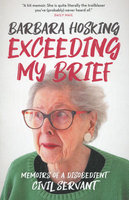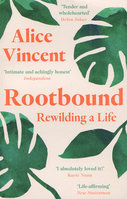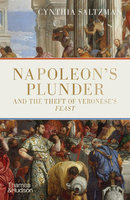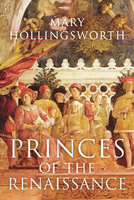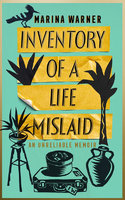New, Quality Gift Books - 50-90% off - over 2500 titles
Your basket is empty.
Categories Literature & Classics BOOK AT WAR: Libraries and Readers in an Age of Conflict
BOOK AT WAR: Libraries and Readers in an Age of Conflict
Book number: 95555
Product format: Hardback
In stock
Bibliophile price
£9.00
Published price
£30
Customers who bought this product also bought
|
EXCEEDING MY BRIEF
Book number: 93568
Product format: Hardback
Bibliophile price
£5.00
Published price
£9.99
|
ROOTBOUND
Book number: 93592
Product format: Paperback
Bibliophile price
£2.50
Published price
£9.99
|
NAPOLEON'S PLUNDER AND THE THEFT OF VERONESE'S FEAST
Book number: 94084
Product format: Hardback
Bibliophile price
£8.50
Published price
£25
|
|
PRINCES OF THE RENAISSANCE
Book number: 94092
Product format: Hardback
Bibliophile price
£14.00
Published price
£35
|
INVENTORY OF A LIFE MISLAID: An Unreliable Memoir
Book number: 94704
Product format: Paperback
Bibliophile price
£3.50
Published price
£14.99
|
PRINCESS OF MANTUA
Book number: 95211
Product format: Hardback
Bibliophile price
£3.50
Published price
£9.99
|
Browse these categories as well: Literature & Classics, War & Militaria, Books About Books, SUNDAY TIMES BOX




